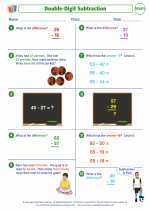Lunisolar Calendar
A lunisolar calendar is a calendar system that is based on both the cycles of the moon (lunar) and the position of the sun (solar). This type of calendar is used in many traditional cultures and is often associated with religious or cultural events.
The lunar part of the calendar is based on the phases of the moon, with each month corresponding to a complete lunar cycle, which is about 29.5 days. The solar part of the calendar is based on the position of the sun, with adjustments made to keep the calendar aligned with the seasons.
One of the most well-known lunisolar calendars is the Hebrew calendar, which is used to determine the dates of Jewish religious observances. Another example is the traditional Chinese calendar, which is used for determining festivals and holidays in China and other East Asian countries.
Lunisolar calendars often require the addition of extra months or days to keep the calendar synchronized with the solar year. This is known as intercalation.
.◂Math Worksheets and Study Guides Third Grade. Double Digit Subtraction
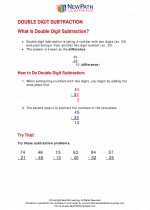
 Worksheet/Answer key
Worksheet/Answer key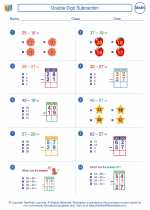
 Worksheet/Answer key
Worksheet/Answer key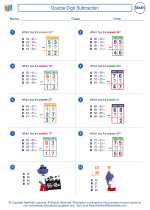
 Worksheet/Answer key
Worksheet/Answer key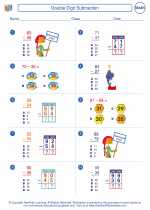
 Worksheet/Answer key
Worksheet/Answer key